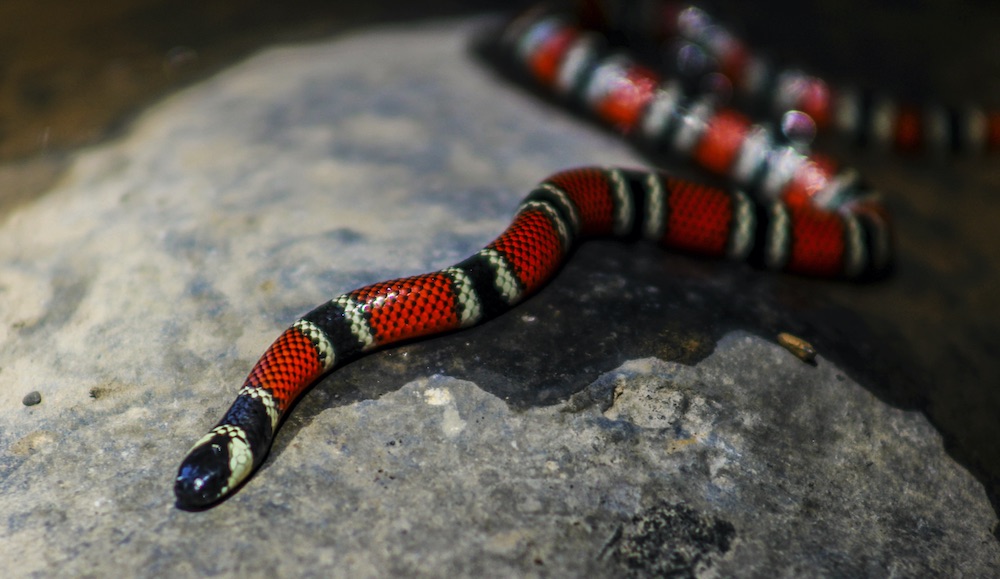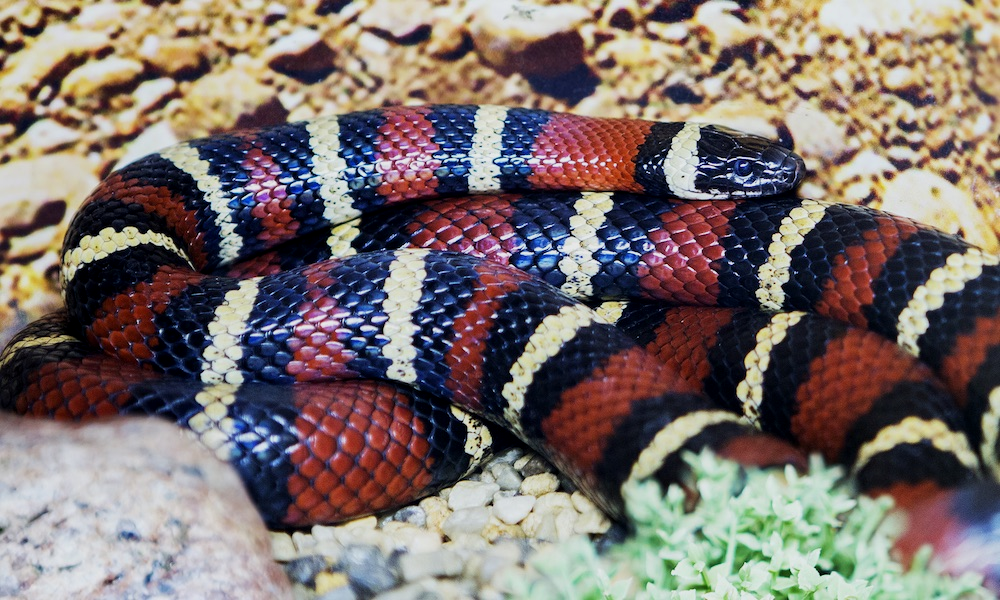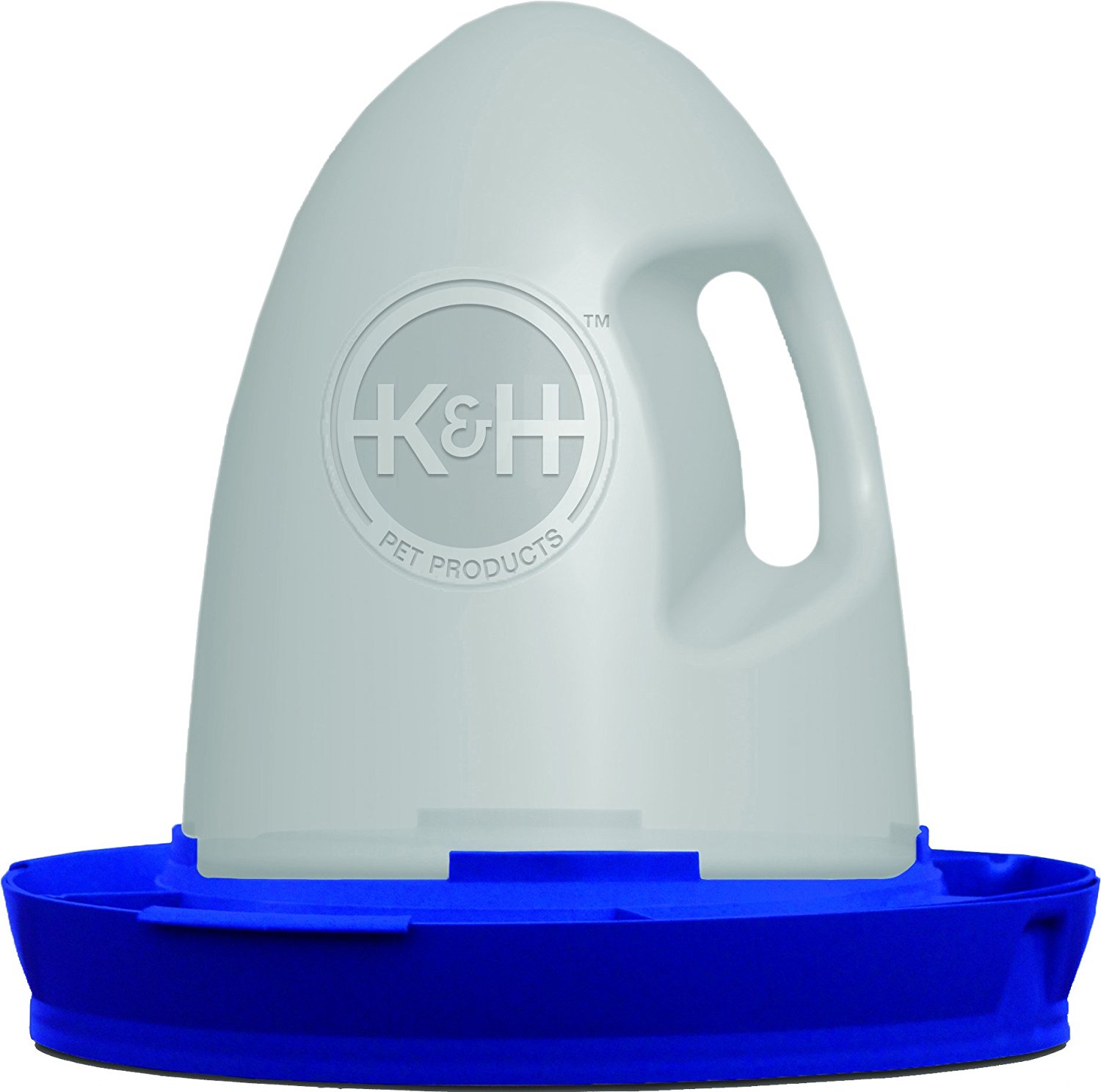Snakes and Chicken Coops: Everything You Need to Know
By Johnathan David
 Milk snake
Milk snakeFrom small farmers with only a few birds to larger poultry
operations, every chicken farmer knows that snakes can be the bane of one’s
existence. If these predators find their way into your coop, they can steal
eggs, frighten your hens, and even eat baby chicks.
If effectively kept out of the henhouse, though, snakes will leave your birds alone and turn their attention to hunting disease-spreading rodents.
How do get the snakes on your side and hunting the proper prey? Learn everything you need to know in this essential guide!
Types of snakes likely to break into your coop
There are just over 150 types of snakes in North America: of these, 4 species are most notorious for breaking and entering into chicken coops. They are:
· Rat snakes
· Milk snakes
· King snakes
· Gopher snakes
None of these snakes are venomous, but they all have a penchant for eating eggs, according to John from everythingreptiles.com.
 Milk snake
Milk snakeThe damage snakes can do
An unprotected coop can be ravaged by snakes if you’re not careful. Generally, your hens will not be at risk because they are too large to be swallowed, and most snakes tend not to go after prey that is bigger than the widest part of their body.
However, this still leaves eggs and baby chicks vulnerable. You can lose dozens of eggs to predators before you’re even aware you have snakes breaking in. That’s why it’s better to protect the henhouse from the outset—we’ll teach you how to do this step-by-step in the next section.
How to keep snakes out
1. Safeguard the area
It’s possible to deter snakes from the coop by cleaning up your yard and removing spaces that will attract snakes, such as tall grasses, leaf piles, and thick bushes. It may require a bit of landscaping, but keeping the area around the coop free of snake hide-outs will discourage them from hanging around.
Your work in the area surrounding the coop can also involve planting vegetation that deters snakes. Lemongrass, marigold, garlic, onion, rosemary, and thyme are all heavily perfumed plants that snakes don’t like the smell of. As a bonus, you’ll have your own aromatics and herbs to use in the kitchen!
2. Make it difficult/impossible to enter
Each of these steps is important in its own right, but this is the one you really can’t skimp on. Snakes are good climbers and burrowers, so in addition to the four walls, you’ll need to secure the roof and floor as well.
Raising the floor even just a few inches is a great way to prevent not only snakes, but also rodents from burrowing under the coop. If this is not a workable option for your setup, you can also create an apron for the henhouse.
To build an apron, you’ll need to attach mesh wire or fence to the sides of the coop and run it along the ground at least 20 inches around the structure. Snakes and other predators trying to burrow into the coop will meet the fence and be deterred.
As for the sides and the roof, you’ll need more fencing to cover every surface. Many inexperienced chicken farmers will turn to chicken wire for these purposes, however, chicken wire by itself will not work to keep snakes out of the coop, as the holes are too big.
You will need a mesh wire such as hardware cloth that has holes no larger than ¼ inch. Don’t be tempted to fudge the measurements with this one. Snakes are expert contortionists, and hunters many times the size of the holes will try to squeeze themselves through if they know there’s food inside.
3. Remove food sources
Snakes have sharp senses of smell, and if there’s food for them in the coop, they will take advantage of any weak spot in your protections. Snakes love to eat rats and mice, so rodent-proofing the coop will be a key step in removing snakes’ food source.
Rodent-proofing will involve careful alterations to your chickens’ feed and water storage. Rats love to munch on chicken feed, so you will need to store it in a metal, airtight container in order to deter thieves.
Water bowls or troughs will also attract unwanted visitors, especially in the summer when moisture is hard to come by. Empty your chickens’ water at night, and refill it with fresh water in the morning.
The other thing you’ll need to do is collect eggs frequently. If you let days worth of eggs pile up, you’re basically sending a message to predators announcing a feast’s worth of food!
Summary
Snakes can be disastrous for your flock if you don’t take the proper precautions. However, snake-proofing your coop by safeguarding the area, blocking points of entry, and removing food sources can all but solve your reptilian woes.
Without access to your coop, your local snakes will feed on pesky rats, mice, and insects, creating a win/win situation—the snakes won’t go hungry, and you’ll see fewer pests around the farm!
What can we help you find? Search the website:
What's New Around Here?
-
MN - Trio Buff Pom Geese - $150
Text Mark at 507-456-7927. -
MN - Sweet Grass Turkeys-$100 per pair
5 pairs available. Located in Hollandale, MN. Text Mark at 507-456-7927. -
MN - Exhibition Rouens,1 drake, 4 hens, $175
Also a set of 6--1 drake and 4 hens for $200. Located in Hollandale, MN. Text Mark at 507-456-7927











